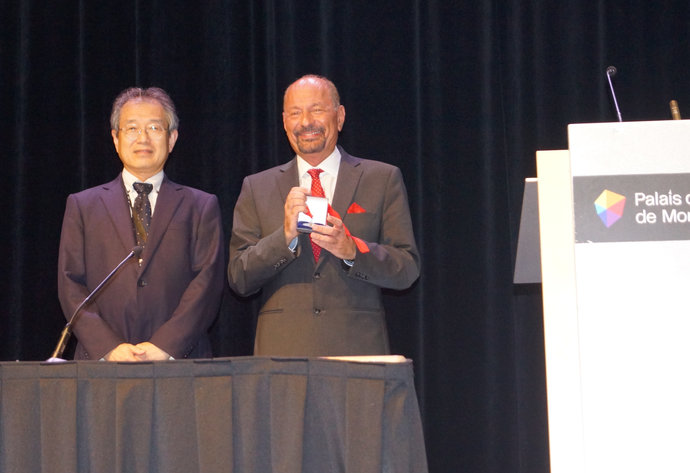
Professor Marco Durante, head of GSI's Biophysics Research Department and professor at the Department of Physics at TU Darmstadt, has been awarded the prestigious Henry Kaplan Prize by the International Association of Radiation Research (IARR). The award is considered the top radiation research award. Professor Durante received the award at the International Congress of Radiation Research (ICRR) 2023 in Montreal, Canada, in August...
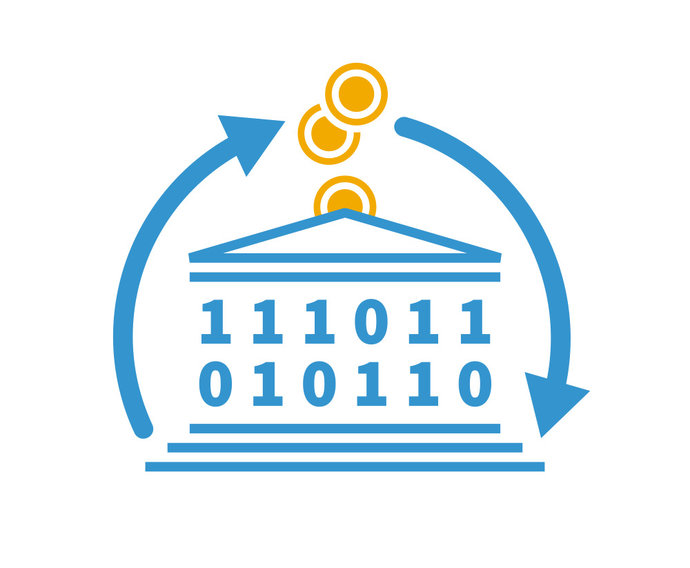
GSI and FAIR support the campaign "Public Money? Public Code!". The international campaign calls for software developed with public funds to be made available under a free and open source license. "Public Money? Public Code" particularly resonates with GSI and FAIR's principles of fostering innovation through openness, transparency and collaboration.
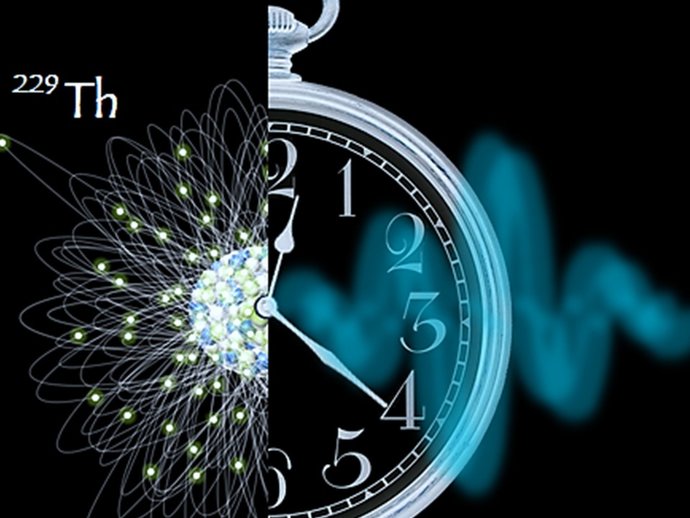
At present, the radioisotope thorium-229 is considered to be the only candidate for use in a nuclear clock. A nuclear clock of this kind would be considerably more accurate than the current atomic clocks. The timekeeper in this case would be the rate of oscillations in the nucleus of thorium-229, induced by laser light excitations. An international team of researchers with participation of the GSI Helmholtzzentrum für Schwerionenforschung has now developed a new method to determine the…
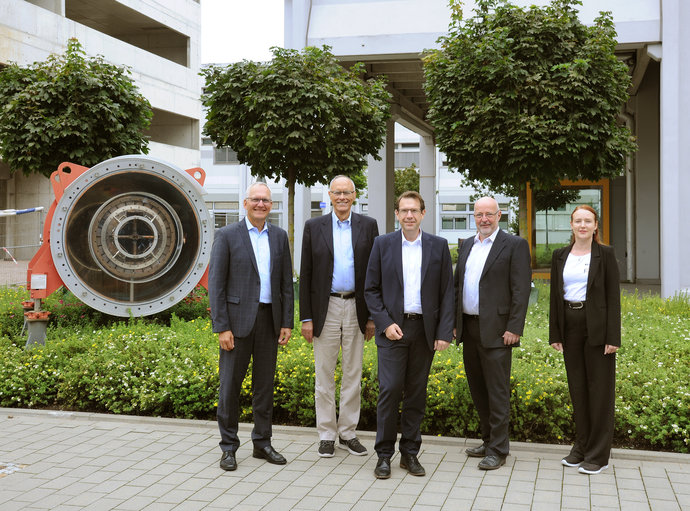
The Lord Mayor of Darmstadt, Hanno Benz recently visited GSI and FAIR. He was welcomed by Professor Paolo Giubellino, Scientific Managing Director of GSI and FAIR, Jörg Blaurock, Technical Managing Director of GSI and FAIR and Markus Jaeger, Deputy Administrative Managing Directorate GSI and FAIR, as well as Carola Pomplun from the Public Relations Department. Lord Mayor Benz was accompanied by referent Sandra Klein.

The lecture series „Wissenschaft für Alle“ of GSI and FAIR will be continued as a hybrid format in the second half of 2023. Interested parties can either attend the event in the lecture hall of GSI/FAIR following a registration or dial into the broadcast of the event via video conference using an internet-enabled device such as a laptop, cell phone or tablet. The program will begin on Wednesday, September 13, 2023, with a talk by Peter Engels of the city archive Darmstadt on the occasion of the…
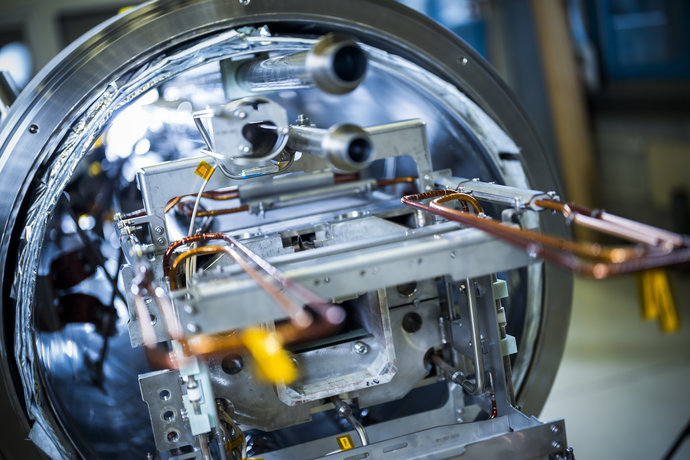
While the structural works on the construction site is progressing and the development and production of the high-tech components for the future FAIR accelerator center is underway, the next decisive steps are being taken for the large FAIR ring accelerator SIS100: The assembly of the accelerator machine in the newly constructed buildings is being prepared, and the final spurt towards the installation start of the SIS100 has begun. The persons responsible for the relevant subprojects…
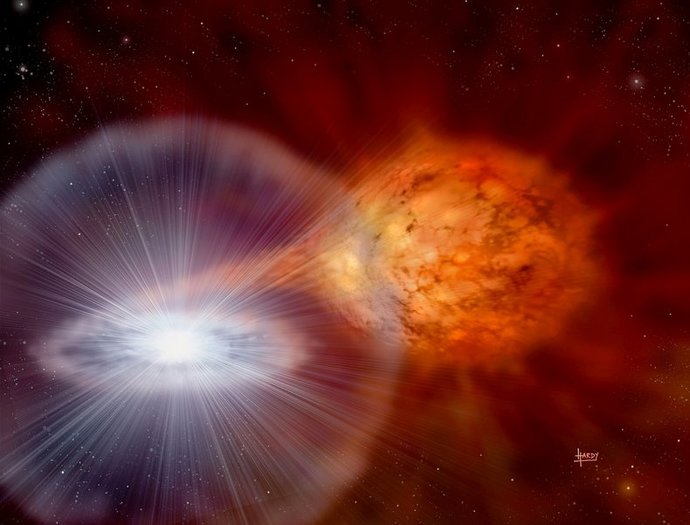
[New nuclear physics data provide a better understanding of the properties of neutron stars. High-precision measurements of nuclear masses reveal germanium-64 as a waiting-point nucleus in nucleosynthesis via fast proton capture and form the basis for modelling X-ray bursts on neutron stars as part of binary systems. The experiments were conducted by an international team, including researchers from Max-Planck Institute for Nuclear Physics in Heidelberg (MPIK) and GSI Helmholtzzentrum ...
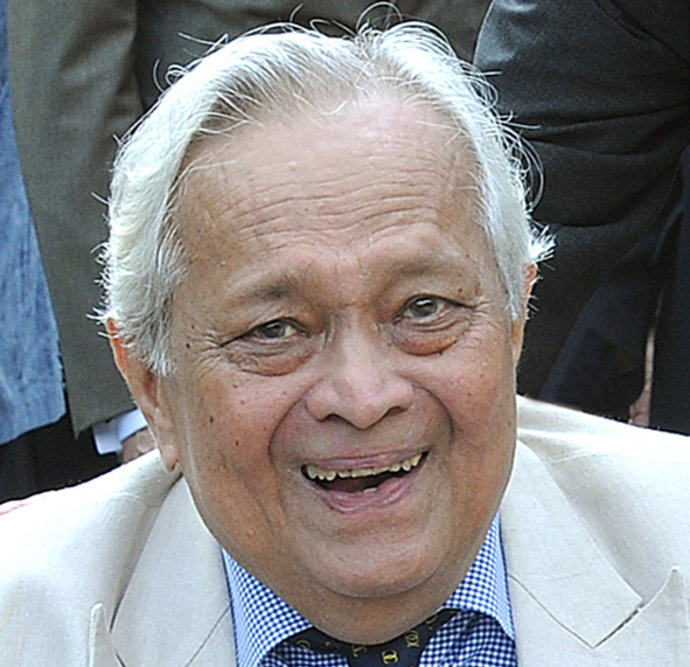
FAIR and GSI mourn the loss of an outstanding scientist and one of the pioneers for the FAIR project. The Indian physicist Bikash Sinha passed away on 11 August at the age of 78.
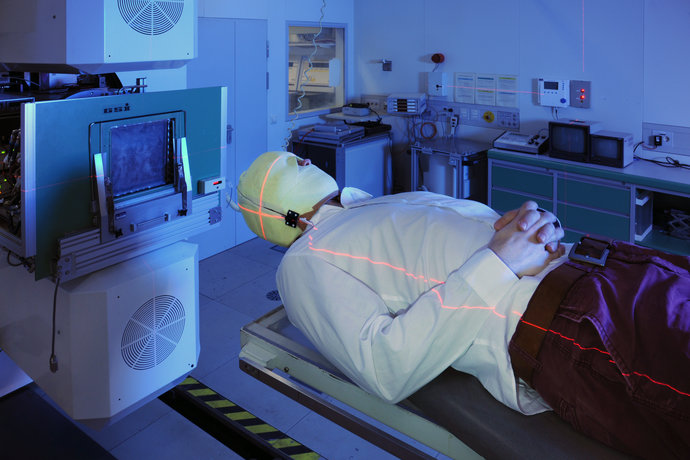
It was the starting point of a success story and is an outstanding example of successful technology transfer: 25 years ago, clinical studies of an innovative cancer treatment using accelerated carbon ions started at GSI Helmholtzzentrum für Schwerionenforschung. In August and September 1998, the first patients were treated with a complete course of carbon therapy for a period of three weeks. In the following years, the path led from fundamental research to a widespread medical application ...











